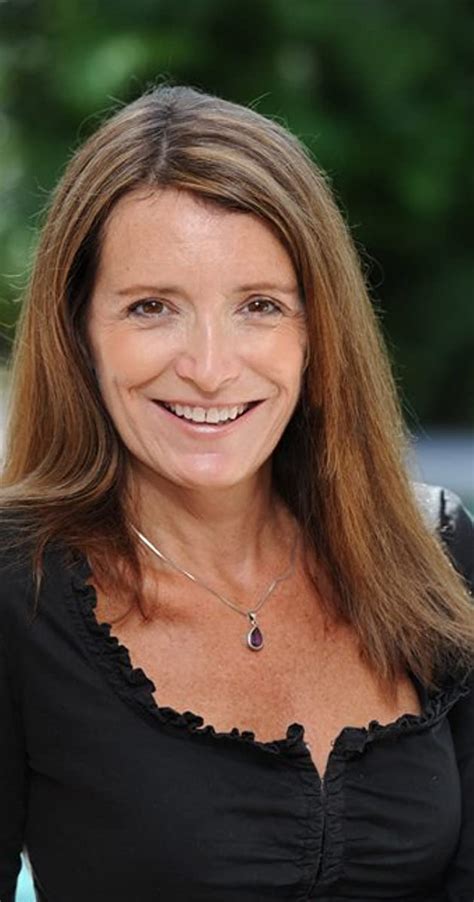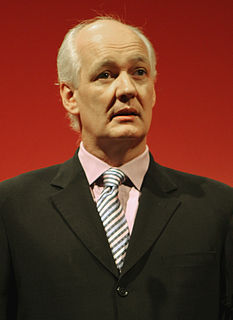A Quote by Desiderius Erasmus
Do not be guilty of possessing a library of learned books while lacking learning yourself.
Related Quotes
Learning is available at the library for free; under a tree with a dog-eared paperback; at a job with a boss who gives you responsibility and mentorship; while traveling; while leading a cause, movement, or charity; while writing a novel or composing a poem or crafting a song; while interning, apprenticing, or volunteering; while playing a sport or immersing yourself in a language; while starting a business; and now, while watching a TED talk or taking a Khan Academy class.
One of the things we learned from that panel is the way poor communities use a library is very different from wealthy communities. But the way the library books are measured are by how many books are taken out. And people in poor communities sometimes won't take the book out because they're afraid to. They're afraid of losing it and not being able to replace it.
When I was very young, one of my favourite books was Captain's Courageous and I suppose one of the reasons I loved it, it was a life I knew I should have had, learning all the different bits of the ship and learning to catch fish and rig sails and to -all the things that I never learned and I never learned the discipline, but I hungered after it.
At Zappos, one of our core values is to Pursue Growth and Learning. In the lobby of our headquarters, we have a giving library where we give away books to employees and visitors that we think will help with their growth, both personally and professionally. I can't wait to add The Compound Effect to our library.
One time, the Library of Congress was giving books to local libraries around the country on Islam. The library of a guy named Walter Jones, who's a member of Congress from North Carolina, got some books and resource materials, and he got up in the press and said he didn't want any Muslim books in the library. And the people said, "Wait a minute, that's kind of anti-Muslim." He said, "Oh no, Keith Ellison is a friend of mine." And I said, "You know what? We are friends, but you're wrong about this.
It had that comfortably sprung, lived-in look that library books with a lively circulation always get; bent page corners, a dab of mustard on page 331, a whiff of some reader's spilled after-dinner whiskey on page 468. Only library books speak with such wordless eloquence of the power good stories hold over us, how good stories abide, unchanged and mutely wise, while we poor humans grow older and slower.









































